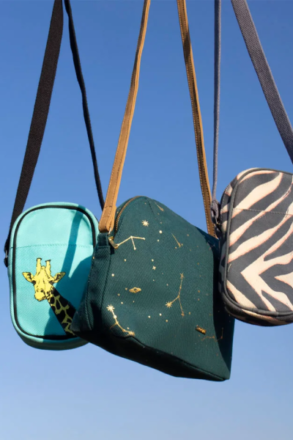- Empty cart.
- Continue Shopping
A million bottles a minute: world’s plastic binge ‘as dangerous as climate change’

Combating the use of single use plastic has become as important as combating climate change. Plastic has reached all corners of the earth including remote Artic beaches with very little human population and nearly 18 tonnes of plastic was recently found on one of the world’s most remote islands, an uninhabited coral atoll in the South Pacific.
A million plastic bottles are being bought around the world every minute and the number is expected to jump another 20% by 2021. The demand for bottles is currently equivalent to about 20,000 bottles being bought every second and is driven by an apparently insatiable desire for bottled water and the spread of a western, urbanised “on the go” culture to China and the Asia Pacific region. The Chinese public’s consumption of bottled water accounts for nearly a quarter of global demand, and it has gone up from 68.4bn bottles of water purchased in 2015 to 73.8bn bottles in 2016, up by nearly 5.4 billion bottles. Bottled water is the biggest culprit in these countries, and consumption is increasing due to dear of contamination of ground water, both India and Indonesia are also showing strong growth and increase in demand.
Major drinks brands produce the greatest numbers of plastic bottles. Coca-Cola produces more than 100bn throwaway plastic bottles every year – or 3,400 a second, according to analysis carried out by Greenpeace after the company refused to publicly disclose its global plastic usage. The top six drinks companies in the world use a combined average of just 6.6% of recycled Pet in their products, according to Greenpeace. A third have no targets to increase their use of recycled plastic and none are aiming to use 100% across their global production. Plastic drinking bottles could be made out of 100% recycled plastic, known as RPet – and campaigners are pressing big drinks companies to radically increase the amount of recycled plastic in their bottles. During Greenpeace’s recent expedition exploring plastic pollution on remote Scottish coastlines, they found plastic bottles nearly everywhere they went. Thus, it is clear that these companies must do more to decrease their plastic footprint around the world.
Apart from pollution, plastic is harmful to marine animals and has even found a way into the human food chain. Scientists at Ghent University in Belgium recently calculated people who eat seafood ingest up to 11,000 tiny pieces of plastic every year. In another study by Plymouth University, it was reported that plastic was found in a third of all UK-caught fish, including cod, haddock, mackerel and shellfish. Last year, the European Food Safety Authority called for urgent research, citing increasing concern for human health and food safety “given the potential for microplastic pollution in edible tissues of commercial fish”.
Barely 7% of these bottles get recycled, and most end up in landfills or the ocean. There is an urgent need to solve this problem, and as consumers we can take the first step to stop buying these single use plastic bottles and do our bit to reduce plastic pollution around the globe.
Source:
[shortcode id=”24297″]






